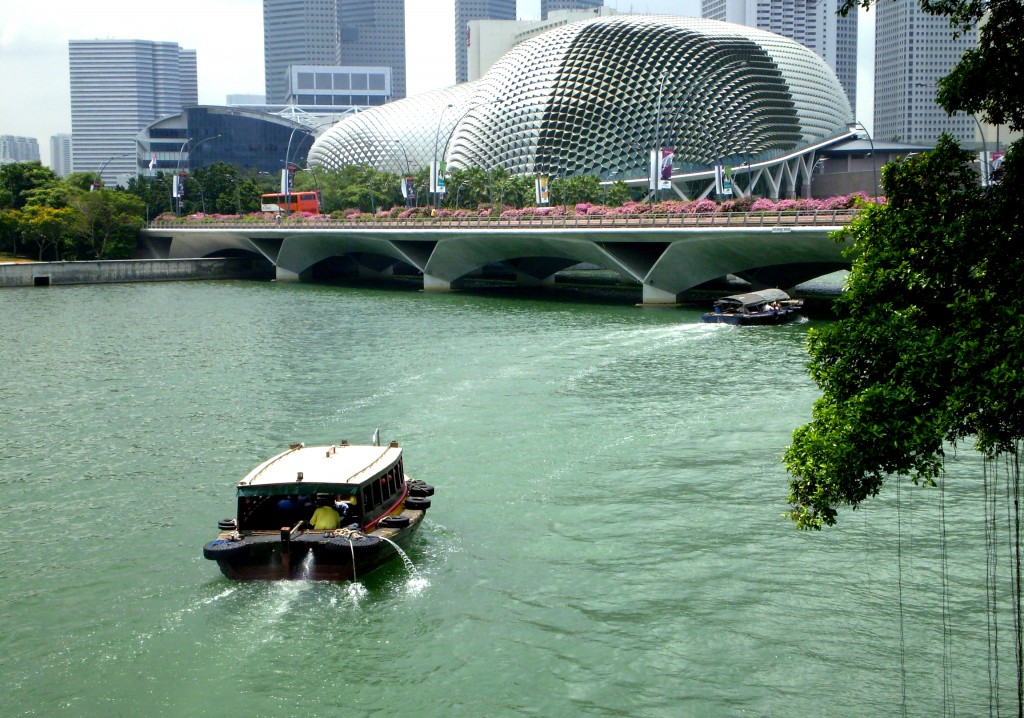Government Tightening Laws Regarding Singapore Timeshare Deals and Holiday Clubs
Tuesday, January 29, 2013

Changes to Singapore timeshare law seek to avert timeshare scams
The Ministry of Trade and Industry (MTI) of Singapore has announced it will be tightening safeguards and eliminating loopholes regarding timeshare deals and the current Singapore timeshare law. The goal is to provide better protections for consumers in timeshare deals, especially timeshare offered as part of holiday club memberships.
With over 350 complaints related to Singapore timeshare deals in each of 2010 and 2011, the issue remains the number one topic of consumer complaints accord to the Consumers Association of Singapore. The proposed changes to the Consumer Protection (Fair Trading) (Cancellation of Contracts) Regulations include:
- Holiday clubs will be bound, under the new law, to the same five-day cooling off period as timeshare contracts must currently met.
- During the cooling off period, no money for a timeshare deal or holiday club transaction will be permitted to change hands.
- The terms and application of the “regulated contract” will be redefined. The new definition will be expanded to include “long-term holiday product contracts,” which is intended to close the current loophole that has enabled some Singapore timeshare companies to modify their business model and dodge the requisites of existing laws.
Officials believe that the changes in the timeshare laws will not only reduce the risk of consumers losing their money but will reduce the inconvenience of recovering money that was paid should a consumer have a change of heart during the rescission period.
Singapore Timeshare Deals: the Source of the Problem
In attempting to circumvent current Singapore timeshare laws, some timeshare companies have moved from selling conventional timeshare as a right to use timeshare accommodation to selling holiday club memberships. The holiday club memberships require members to advance pay for the right to receive future discounts on accommodations, airfare, and other vacation services. Because holiday clubs fall outside of current Singapore timeshare law, they have been able to avoid the cooling off or rescission period.
The Executive Director of Consumers Association of Singapore, Seah Seng Choon explains, “When they (consumers) want to get out of the contract during the cooling-off period, they have great difficulty getting their money back and there’s always a delay in recovering the payment made. During the course of the time, some of these timeshare (companies) may just disappear or close and consumers may not be able to get their money back.”
The proposed terms of the new Singapore timeshare law will be open for public comment through March 1, 2013.
The Timeshare Authority blog has brought you updates on the changes in Singapore timeshare law since 2006 as government officials have worked to resolve matters of timeshare scam and fraud.


